UK food needs radical transformation on scale not seen since Second World War, new report finds
Rapid and urgent action on food is needed if the UK is to reboot its flagging economy, save the NHS billions, ensure national food security, and meet climate commitments, according to a new report.
The Roadmap for Resilience: A UK Food Plan for 2050, calls for radical transformation, at a scale and pace not seen since the Second World War. It says if we do not act now, change will be forced upon us by increasing pressures and the UK will lurch from crisis to crisis, including from food price shocks, climate disasters and weakening economic productivity.
Acting now however, allows the UK to decide its own future, and must include three core transformations: more resilient farming, smarter land use, and healthier diets. Government must take the lead with “decisive and coordinated action”, says the report, and proposes 10 key recommendations and a timeline to 2050.
The Roadmap for Resilience: A UK Food Plan for 2050 was developed by the Agri-Food for Net Zero (AFN) Network+ which is jointly led by UWE Bristol, the University of East Anglia, the University of Leeds, and the University of York.
The report had input from 150 scientists and industry professionals from across research institutes, farming, charities and the food industry, and is the culmination of three years of work by the AFN Network+, a project funded by UK Research and Innovation (UKRI) with 3,000 members.
The report is published as renewed attention is being given to global food system transformation, including through the EAT-Lancet Commission’s latest report released earlier this month.
Angelina Sanderson Bellamy, Professor of Food Systems at UWE Bristol and Co-lead of the AFN Network+, which coordinated the report, said: “We find ourselves in this moment of time where we have an incredible opportunity to act to shift our food system to deliver healthy and sustainable outcomes for everyone. Our report highlights the key areas for actions to get to net zero through the agrifood system. Critical for getting there is the need to work together, to collaborate, so that we can create synergies between actions and policies.
“The good news is that we can get to net zero and the sooner we act, the more opportunities there are for balancing net zero goals with biodiversity and livelihood goals. The time to act is now.”
A system under pressure
The report highlights that the UK food system is a significant source of national greenhouse gas emissions and will become the largest source of emissions by the 2040s. Meanwhile, poor diets cost the economy £268 billion a year in direct healthcare costs as well as indirect costs such as low economic activity, and 7.2 million people now live in food-insecure households – an increase of 80% in just three years. Adding to these challenges, the UK is vulnerable to supply chain disruptions, since it is dependent on imports for 50% of vegetables and 85% of fruit, despite these being essential to healthy diets.
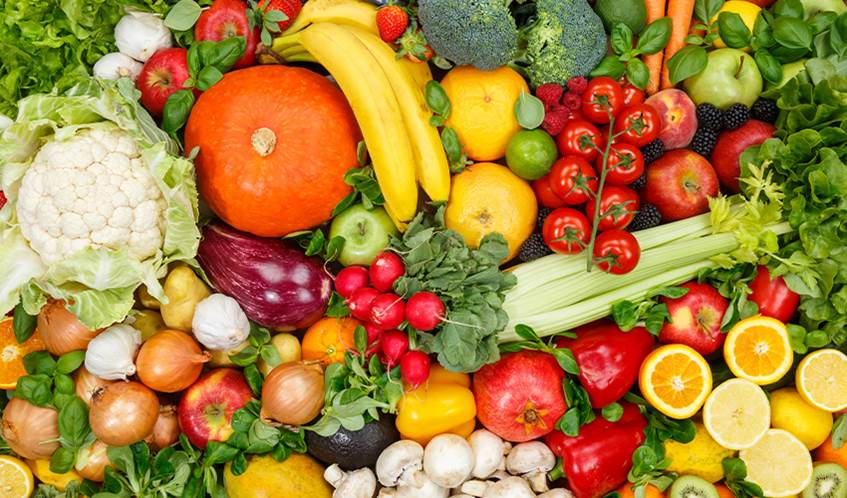
Transformation across three key areas
The Roadmap calls for transformation in three key areas:
- Stronger, more resilient farming: Supporting farmers to adapt to climate change, diversify business and grow more fruit, vegetables and wholegrains, reducing the need for imports.
- Smarter, more integrated land use: Expanding woodland cover from 14% to at least 20% of UK land by 2050, restoring peatlands and planning land use regionally to balance food, nature and climate.
- Healthier diets made easier: Making nutritious, sustainable food the easy and affordable option, while reducing reliance on imported and high-emission foods.
Urgent actions for government
The authors set out 10 priority actions, urging the government to work in partnership with farmers, food companies and local authorities. These include:
- Place food security on a par with energy security, equally essential to national security
- Set targets for dietary change and livestock numbers
- Create a National Food System Transformation Committee reporting to the Prime Minister
- Further reform agricultural subsidies to prioritise emissions reduction and carbon sequestration, alongside sustainable production and biodiversity
“Achieving this transformation has the power to deliver a food system where everyone in the UK has access to healthy and sustainable food,” said Neil Ward, Co-lead of the Agri-Food for Net Zero (AFN) Network+ and a professor at the University of East Anglia.
“Through these three transformations we can reduce pressure on the NHS and help people lead healthier and more economically active lives. Nature will flourish, emissions will fall and farming will be more resilient and secure for future generations.
“Pressures from climate change, global shocks and poor diets mean significant change to our food system is inevitable over the next 50 years. However, if we act now, we still have time to shape our future, and positively impact national security, national health, economic growth and climate change. Our window to act is narrow though – if we do not, change will be forced on us by crisis,” he said.
Professor Charlotte Deane, Executive Chair of UKRI’s Engineering and Physical Sciences Research Council, said: “Agri-food remains one of the UK’s most stubborn sources of emissions.
“The AFN Network+ has brought together a powerful community of research leaders and stakeholders across UK agri-food, third sector organisations, policymakers and agri-food industry professionals to tackle this challenge and now delivered a clear roadmap for change.
“Our investment has resulted in a legacy of insights which will help shape future land use and food strategy, supporting the UK’s path to net zero.”
Related news
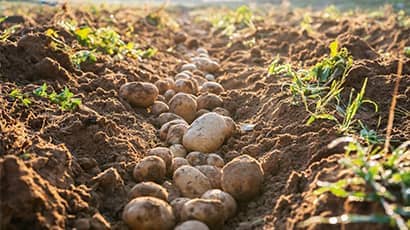
26 June 2025
Development of innovative Devon food processing centre to tackle food waste gets UWE Bristol support
UWE Bristol is supporting the development of an innovative food processing centre in Devon that will transform food waste management and support greater food sustainability.
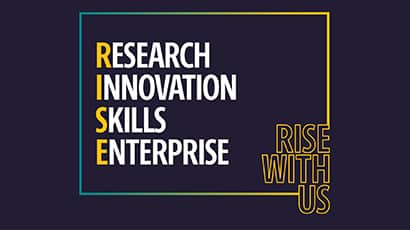
11 June 2025
Telling our story at UWE Bristol: RISE with us
UWE Bristol has launched RISE - standing for Research, Innovation, Skills and Enterprise - an institutional framework which shapes the University's purpose, culture and future growth.

12 May 2025
People with dietary needs choosing not to attend outdoor events
Individuals with dietary needs are choosing not to attend outdoor events because of the risks they associate with the experience, according to new research by UWE Bristol.
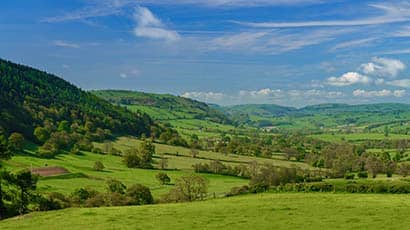
15 November 2024
Grasslands project led by UWE Bristol academic to support UK’s bid for net zero emissions
A UWE Bristol researcher will lead a £4.7 million project focused on the management of UK’s grasslands aimed at supporting efforts to achieve net zero emissions by 2050.

17 October 2024
Immersive Arts opens applications with grants up to £50,000 available
Immersive Arts, a UK programme to support artists to make and share extraordinary immersive work, has opened applications for its first round of funding.

28 August 2024
Funding opportunities and information events announced for 'Immersive Arts'
Immersive Arts, a UK-wide programme to support artists to make and share extraordinary immersive work, has unveiled its first round of funding opportunities.

26 June 2024
Water security and climate action to be explored through theatre with communities
UWE Bristol will support an international research project that will embed theatre practice to work with less heard communities who face water insecurity.

17 June 2024
Opinion: Stats, leaflets, and claims - how to navigate the political battlefield
As political leaflets begin to clog the letterboxes of homes across the UK, how can you discern the truth amidst the claims made by the political parties?

01 May 2024
The hidden work of new mothers exposed by the COVID-19 pandemic
New research has uncovered how the pandemic intensified and exposed the immense layers of unpaid work by mothers during maternity leave.

26 March 2024
Architecture must change beyond recognition to meet the climate challenge
A UWE Bristol professor is leading a new campaign which calls for a radical change across the built environment sector.
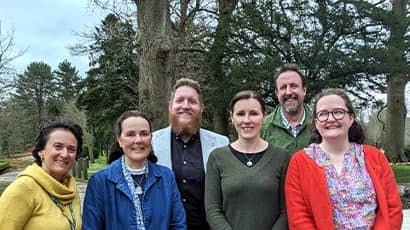
15 March 2024
UWE Bristol announces partnership PhD with Woodland Heritage
A Partnership PhD will research the effects of management practices on Acute Oak Decline and the rhizosphere microbiome of parkland oak trees.
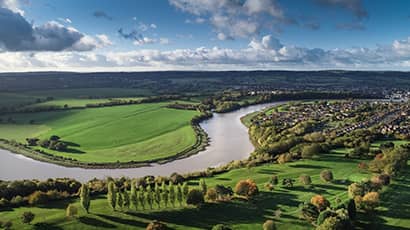
13 March 2024
Funding awarded to UWE Bristol to monitor the health of UK rivers
UWE Bristol is to receive a share of an initial £7 million investment to improve capability for monitoring the natural environment.






